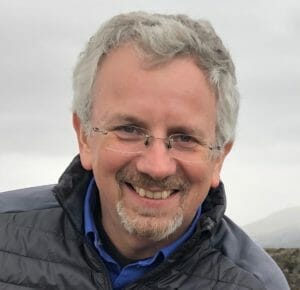
Anbar awarded medal from the Geological Society of America
The Arthur L. Day Medal is awarded annually to recognize outstanding distinction in the application of physics and chemistry to the solution of geologic problems. Anbar is interested in Earth’s past and future as an inhabited world, and the prospects for life beyond.

Study offers new insights for sun-gathering technologies
Every hour, the sun saturates the earth with more energy than humans use in a year. Harnessing some of this energy to meet global demand has become a grand challenge,
AZ Heat Preparedness and Resilience Workgroup
This Workgroup was created in the summer of 2020 to share heat forecasts and warnings with communities; highlight approaches to heat relief, communications strategies and resources; identify opportunities and gaps
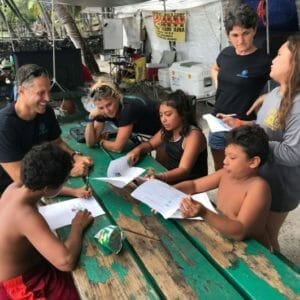
Asner, Martin teach Hawaiian youth about coral reef conservation
ASU group is working to bring new educational opportunities to Indigenous and non-Indigenous Hawaiian communities to ensure that Native culture, customs and traditions are considered in coral reef resilience planning.

ASU joins global research cohort to launch new center focused on society’s relationship with oceans
ASU and Conservation International join more than 20 other institutions around the world that will provide research and expertise to support Ocean Nexus Center’s four areas of focus: human rights and human security, ocean economy, food safety and sovereignty, and regional fisheries policy.
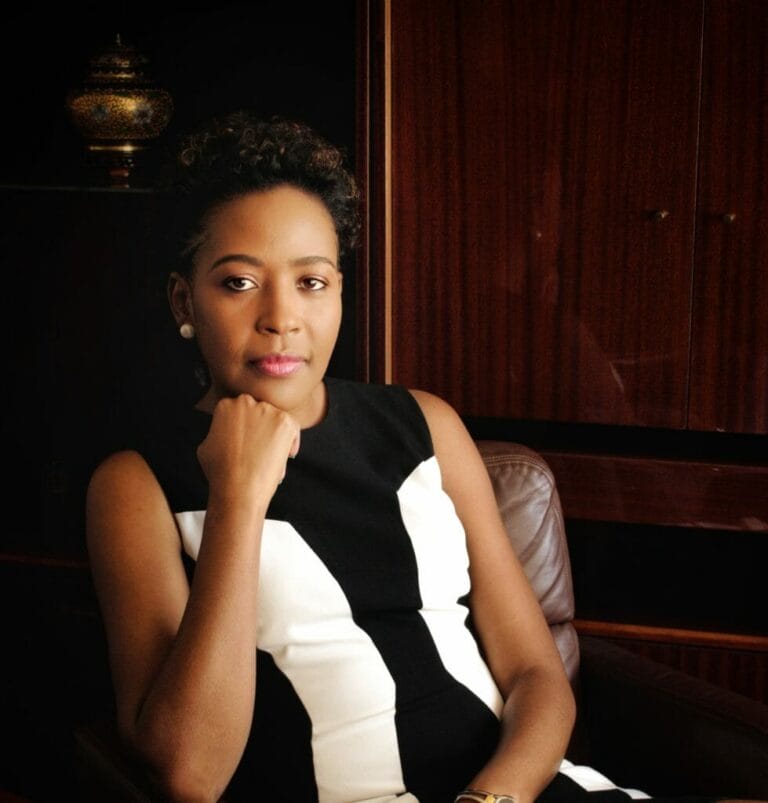
GeoTechVision: Locating a Sustainable Future
Valrie Grant — Founder and MD, GeoTechVision, Jamaica 2020 WE Empower Awardee, Latin America/Caribbean As the first black woman-owned spatial solutions business in the Caribbean, Grant understands the intersectional challenges

Local innovation for local beer
The COVID-19 pandemic has forced nearly every business to adapt their business model to ever changing times, and small businesses especially are now having to live by nature's rule —
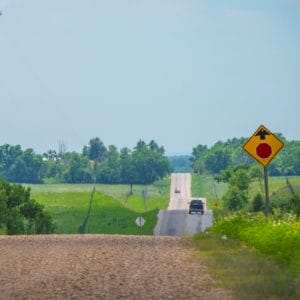
Wednesdays from Washington: What's next for rural America?
As an avid traveler, I’m always interested in how people outside of the United States conceptualize our country. It’s certain that US popular culture is overrepresented on the global scene, but the predominate picture of the nation is heavily skewed to NYC, LA, and Miami. In truth, it’s not just people across oceans who have this urban-centric view; a sizeable (and growing) population within our borders has no realistic perception of rural America today, much less what the future holds for people like my family living on a farm.
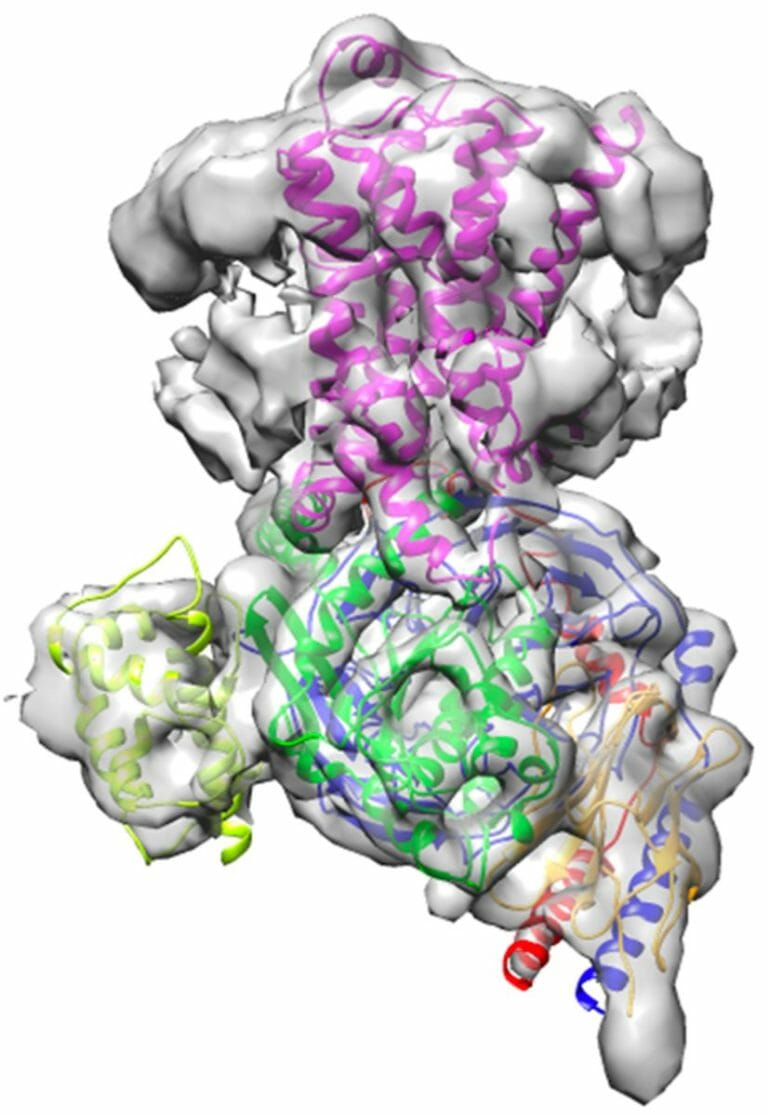
Protein structural insights chart the way to improved treatments for heart disease
A team including Wei Liu, assistant professor in ASU’s School of Molecular Sciences (SMS) and the Biodesign Institute’s Center for Applied Structural Discovery, has published a paper today in Molecular Cell that offers promising details
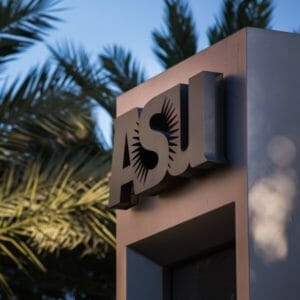
3 ASU professors named senior members of National Academy of Inventors
Professor Wim Vermaas and associate professors James Abbas and Cody Friesen join fellow NAI colleagues in the senior membership ranks who, along with their research accomplishments, have been successful in earning patents, acquiring licensing and commercializing technology they have developed.

Broadbent, Georgescu explore humans’ exposure to future extreme temperatures
The researchers used state-of-the-art modeling tools to analyze how three key variables -- climate change, urban development and population change -- would affect human exposure to extreme temperatures from the beginning of this century to its end.
Event Sept. 3: Killer Heat in COVID Times
Last month, Phoenix broke its record for the most days at 110-plus degrees, while being the world's hotspot for coronavirus. This case critical discussion brings together ASU, the City of Phoenix, as well as a local nonprofit and a national NGO, to discuss the compounding crises of extreme heat and COVID-19.